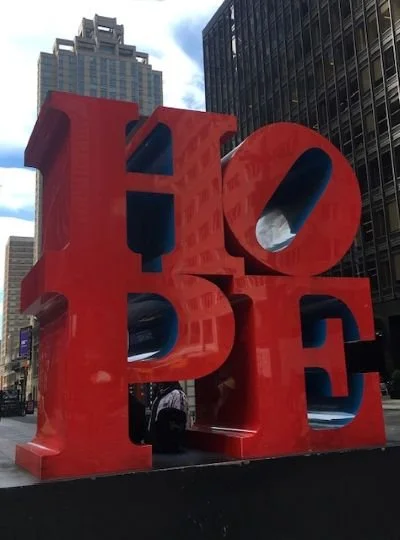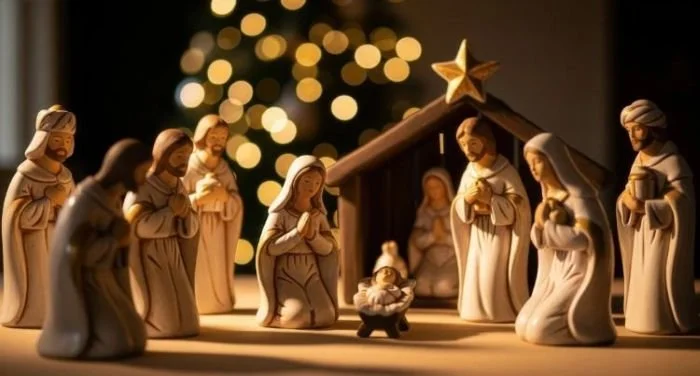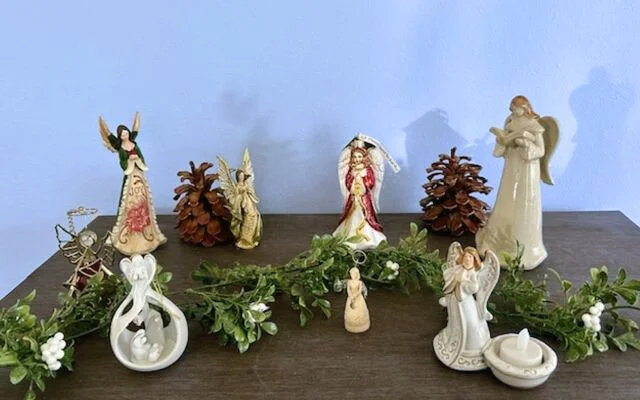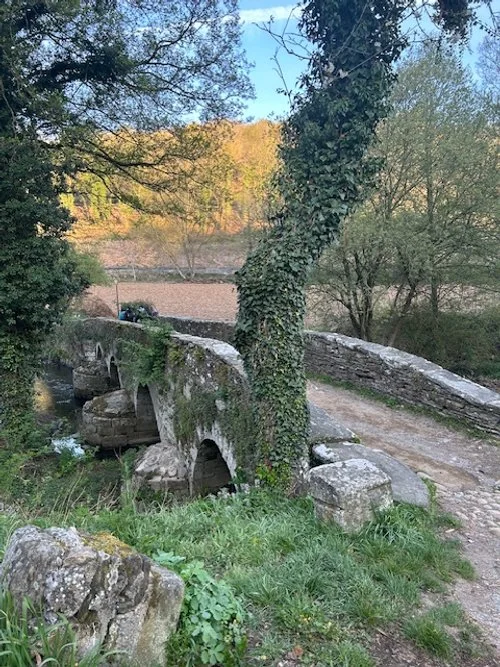Notes on Hope Devotional
Enduring Hope
I Thessalonians 1:3
“We remember before our God and Father your work produced by faith, your labor prompted by love, and your endurance inspired by hope in our Lord Jesus Christ.”
I’m intrigued by hope…It’s mentioned over 100 times in the Bible, depending on the version. In I Corinthians 13, Paul mentions faith, hope, and love. Today’s verse brings the three words back together, faith, love, and hope, in a different order. In this verse, hope is the inspiration that forms endurance.
Two days before Christmas, my dear friend, Brenda, took her last breath on earth and first breath in heaven. We were friends for 44 years. Our lives paralleled as we shared pregnancies, birthdays, and anniversaries. Last week, I spoke at her celebration of life and shared this verse.
Brenda was diagnosed with acute leukemia in 2021 and endured multiple rounds of chemo, infusions, a bone marrow transplant, and numerous medications. She was a patient at City of Hope in Duarte, California. Brenda was an ambassador of hope while she was there.
Her life was evidence of “endurance inspired by hope in our Lord Jesus Christ.”
What does that look like? As I watched Brenda navigate her diagnosis, she found her faith to be the rock-solid place where she persevered and clung to hope. She radiated hope to other patients, staff, and strangers. She told me a story when she was shopping at Tractor Supply (who knew they sold shoes) and struck up a conversation with a woman, also named Brenda. They chatted, and Brenda shared her faith and hope with her.
Endurance is not a sprint, or a mile, or a marathon. Endurance is the long road taken, where we keep going, amidst the challenges, setbacks, and hard days. Endurance is hanging on to Jesus with everything we’ve got, as we let Him hold us. We can endure with hope, as Brenda did, and tightly cling to Jesus. He won’t let us go.




















